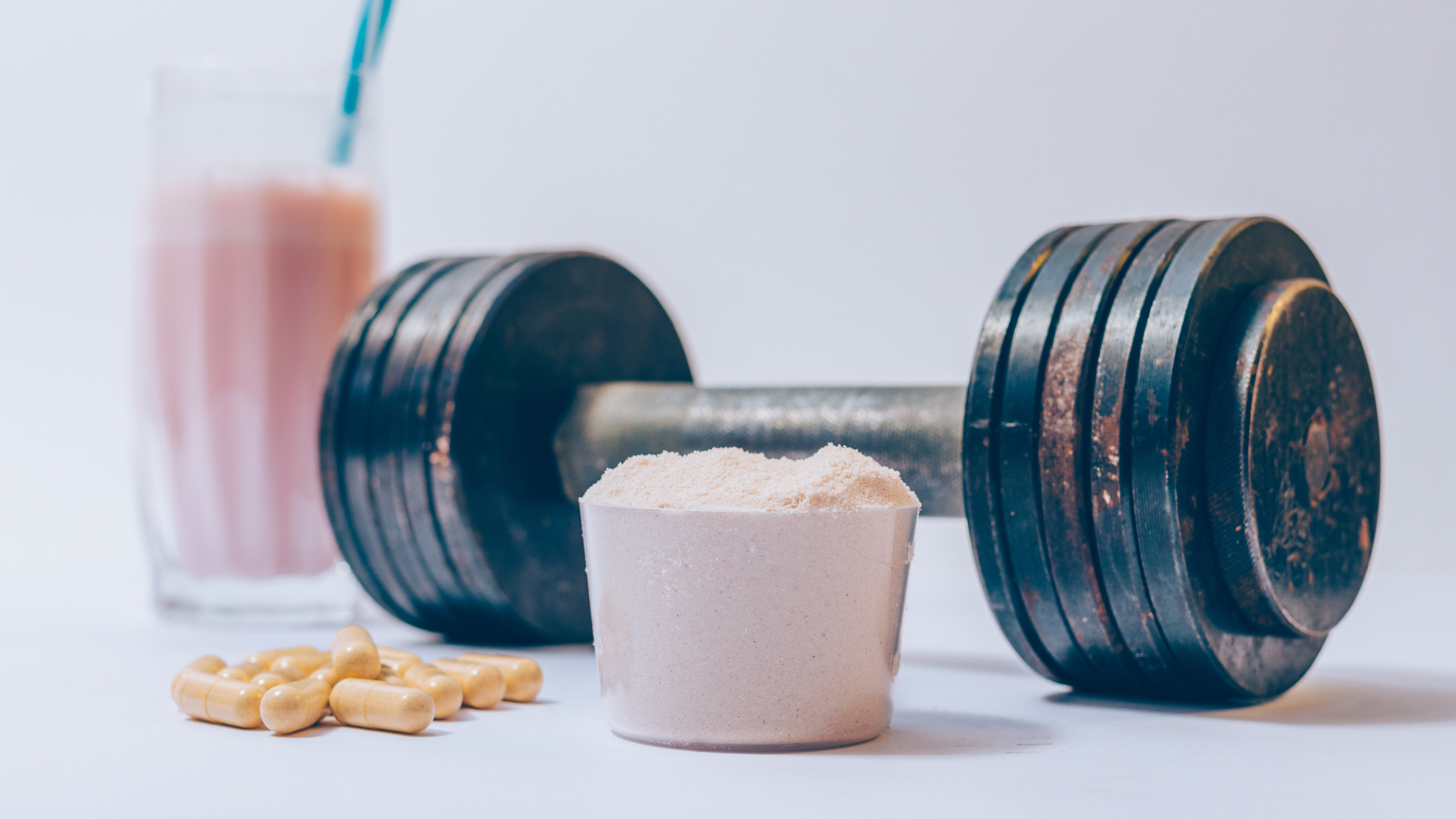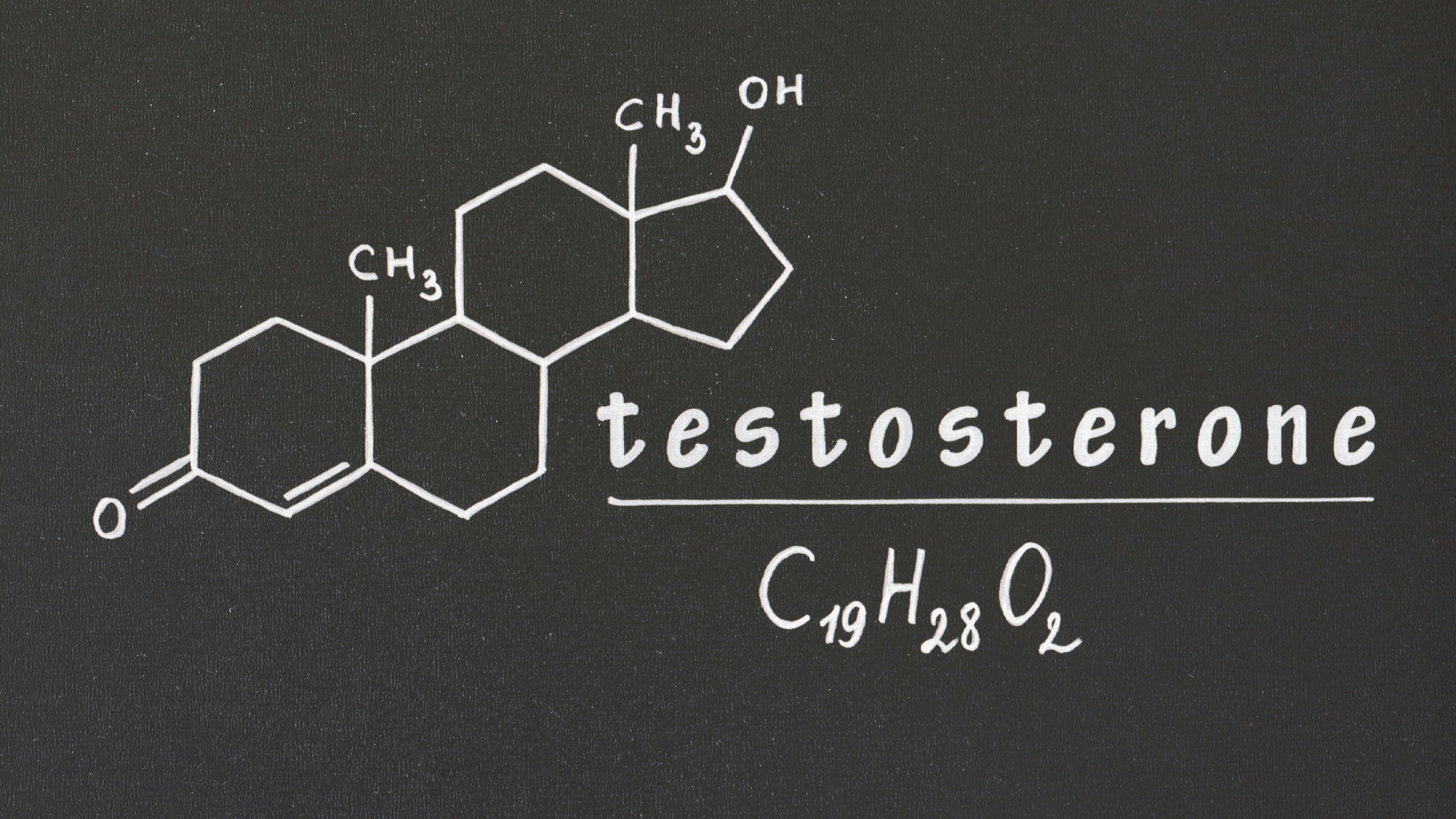
What is small, soluble, slimy but has the might of Metamucil®? Psyllium fiber! The use of this beloved seed and seed husk, predates the 80-year reign of fiber supplements such as Metamucil®. As a dietary supplement, psyllium fiber, derived from the husks of the seeds of Plantago ovata, is an herbaceous annual plant native to parts of Asia, Africa, and Northern Europe. Not only does psyllium seed provide a variety of vitamins and minerals including magnesium, potassium, calcium, iron, zinc, and phosphorus, it is considered to be one of the most effective, naturally available sources of soluble fiber.
Psyllium is classified as a mucilaginous fiber due to its powerful ability to form a gel in water. It has a high proportion of hemicellulose, a type of insoluble fiber, that is adept at binding to excess water in the intestine, creating a viscous gel that aids digestion while relieving constipation symptoms and facilitating regular bowel movements. This makes it particularly useful for people who suffer from IBS (irritable bowel syndrome) or other digestive disorders that cause constipation or diarrhea.
Soluble fiber dissolves in water to form a gel-like substance. This gel helps to slow down digestion, allowing your body to absorb more nutrients from other foods. Soluble fibers (including psyllium) are noted for their effect on the stomach and small intestine, whereas insoluble fibers are noted for their effect on the large intestine, although some carbohydrates (such as psyllium) influence both. Psyllium’s anti-inflammatory properties are attributed to its high content of mucilage (primarily xylose and arabinose, arabinoxylan), which is a soluble fiber capable of binding with bile acids and drawing out toxins from the digestive tract before they can enter systemic circulation within the body. This mucilage is associated with the soothing, cleansing, bowel-regulating properties of psyllium fiber.
Psyllium Fiber Promotes Digestive Motility while Boosting Dietary Fiber
The main benefit of psyllium fiber is its ability to provide bulk in the digestive tract and promote regularity by helping to ease constipation. The soluble fiber found in psyllium works like a sponge, absorbing water throughout the digestive system and increasing the volume of stool, thus making bowel movements easier and more frequent. Psyllium fiber works by increasing stool weight and promoting regularity due to its high water-retention capacity. This helps keep stools soft and bulky which then facilitates their passage through the digestive system. The effectiveness of fiber, particularly psyllium, on constipation depends on the root cause of the constipation. Psyllium may also help reduce chronic constipation symptoms by increasing fecal bulk and helping regulate bowel movements more efficiently. For those individuals who suffer from mild symptoms of irritable bowel syndrome (IBS), psyllium is often recommended as part of a treatment plan to boost dietary fiber and hydration, gently support bowel elimination and microbiome health.
Psyllium fiber also binds to toxins in your intestines and helps them pass out of the body more quickly. This offers numerous health benefits in weight management, digestive health, and constipation relief. Psyllium's ability to absorb water and form a gel-like consistency may also be helpful in reducing blood pressure. When taken with meals, it can help slow down the body's absorption of carbohydrates and other nutrients, thus giving the heart time to relax while maintaining normal blood pressure.
Consuming psyllium fiber increases soluble fiber intake as well as satiety, which reduces hunger signals that can lead to overeating and excess calorie consumption. Several recent clinical trials have looked at the effects of psyllium on various health parameters such as weight management, blood sugar control, and cardiovascular health markers such as blood pressure and cholesterol levels. The results have been promising; one study found that consuming 7g/day of psyllium along with a low-fat diet significantly reduced body weight compared to just a low-fat diet alone. Other studies have found similar positive effects on blood glucose control and cholesterol reduction when subjects consumed 7–14g/day over 12 weeks or more.
One study found that consuming 7 grams of psyllium daily resulted in significant weight loss over the course of three months. As an added bonus, this weight loss was achieved without any additional changes to diet or exercise habits – further emphasizing the potential weight management benefits associated with psyllium supplementation. In addition to weight loss, another study revealed a 10% reduction in LDL (bad) cholesterol when 16 grams per day was consumed for 8 weeks.
Psyllium Fiber for Metabolic Maintenance and More
In addition to weight management and metabolic health, studies have found that regular consumption of psyllium husk fiber may also help reduce total cholesterol as well as inflammation throughout the body, key factors in many types of cardiovascular diseases, such as stroke and atherosclerosis. It is thought that its ability to reduce LDL cholesterol levels helps decrease the risk of coronary heart disease.
A meta-analysis of 12 studies evaluating the effects of psyllium-enhanced cereal product consumption on 404 adults with mild to moderate hypercholesterolemia demonstrated a reduction of total cholesterol and LDL cholesterol of five- and nine-percent, respectively. Studies have shown that consuming an added 7 grams of psyllium fiber per day for eight weeks can help reduce total cholesterol levels by about 6%, which could lead to a decreased risk of developing atherosclerosis or clogged arteries in later years. Psyllium fiber helps lower LDL cholesterol by binding with bile acids in the digestive tract and helps them to be excreted from the body instead of being stored in fat cells. This leads to reduced levels of cholesterol circulating in the bloodstream which can result in improved cardiovascular health over time, lowering LDL cholesterol levels while increasing HDL cholesterol levels.
In addition to offering cardiovascular support, psyllium fiber supports healthy blood sugar levels, reducing risk of developing type 2 diabetes. The high fiber content of psyllium helps slow down digestion so that sugar from food is released slowly into the bloodstream instead of all at once, thus helping to regulate blood sugar levels and reduce insulin resistance. This is because dietary fiber helps create a slower transit time through the digestive system which prevents sudden spikes in blood sugar levels after meals.
Sufficient clinical evidence indicates that consuming adequate amounts of dietary fiber, like that found in psyllium husk, can be highly beneficial for those dealing with type 2 diabetes as it helps improve metabolic health, aids weight management efforts and reduces risk of long-term complications, such as heart disease and kidney damage. Studies have shown that consuming an added 7 grams of psyllium per day for eight weeks can help reduce fasting blood glucose levels in those with type 2 diabetes, significantly reducing the risk of developing complications.
Psyllium Fiber for the Finish!
Overall, psyllium is an excellent source of dietary fiber with numerous health benefits including weight management, digestive health support, constipation relief and more. Its ability to absorb water and
form a gel-like consistency makes it an ideal option for those looking for an easy way to increase their daily intake of dietary fiber without having to completely overhaul their current diet or lifestyle habits.
On top of weight management and metabolic support, it appears that incorporating psyllium fiber into one’s daily diet may also have beneficial effects on cardiovascular health by helping lower cholesterol levels, improving oxygenation levels, reducing blood pressure, and aiding in overall inflammation reduction within the body. However, it is important to consult with a doctor before incorporating psyllium into your daily routine as certain individuals may be allergic or contraindicated based on their individual health history.
People with diabetes should also be wary of consuming too much psyllium fiber as it can interfere with the absorption of oral medications used to control glucose levels. Despite this, psyllium fiber is a sustainable, dietary fiber choice offering numerous health benefits when taken in moderation. Whenever possible, try to combine it with other sources of dietary fiber such as vegetables and whole grains for optimal digestive health. Pregnant or breastfeeding women should also speak with their healthcare provider prior to taking psyllium supplements since there is limited scientific data.
References
- Jasper, AI 1-17-23 (key words: psyllium fiber, cardiovascular health, diabetes, weight management, cholesterol, clinical trials, therapeutic benefits)
- Anderson, JW., Allgood, LD., Turner, J., Oeltgen, PR., & Daggy BP. (1999). Effects of psyllium on glucose and serum lipid responses in men with type 2 diabetes and hypercholesterolemia. The American journal of clinical nutrition, 69(4), 574-579. doi: 10.1093/ajcn/69.4.574
- Johnston BC et al (2008) Examination of the effect of psyllium fiber supplementation on weight loss: a systematic review and meta-analysis Nutrition Reviews 66(6):269–280 DOI: 10.1111/j.1753-4887.2008.00052
- Engels, G and Brinckman J. American Botanical Council, Psyllium monograph. HerbalGram Spring, 2018. Issue 117; Pg 8-17. Accessed at Psyllium - American Botanical Council (herbalgram.org)
- Plantago ovata (Psyllium) monograph. 2002, Alternative Medicine Review ◆ Volume 7, Number 2 ◆ Page 155-159. Accessed at: *Plantago ovata (Psyllium) Monograph (altmedrev.com)









